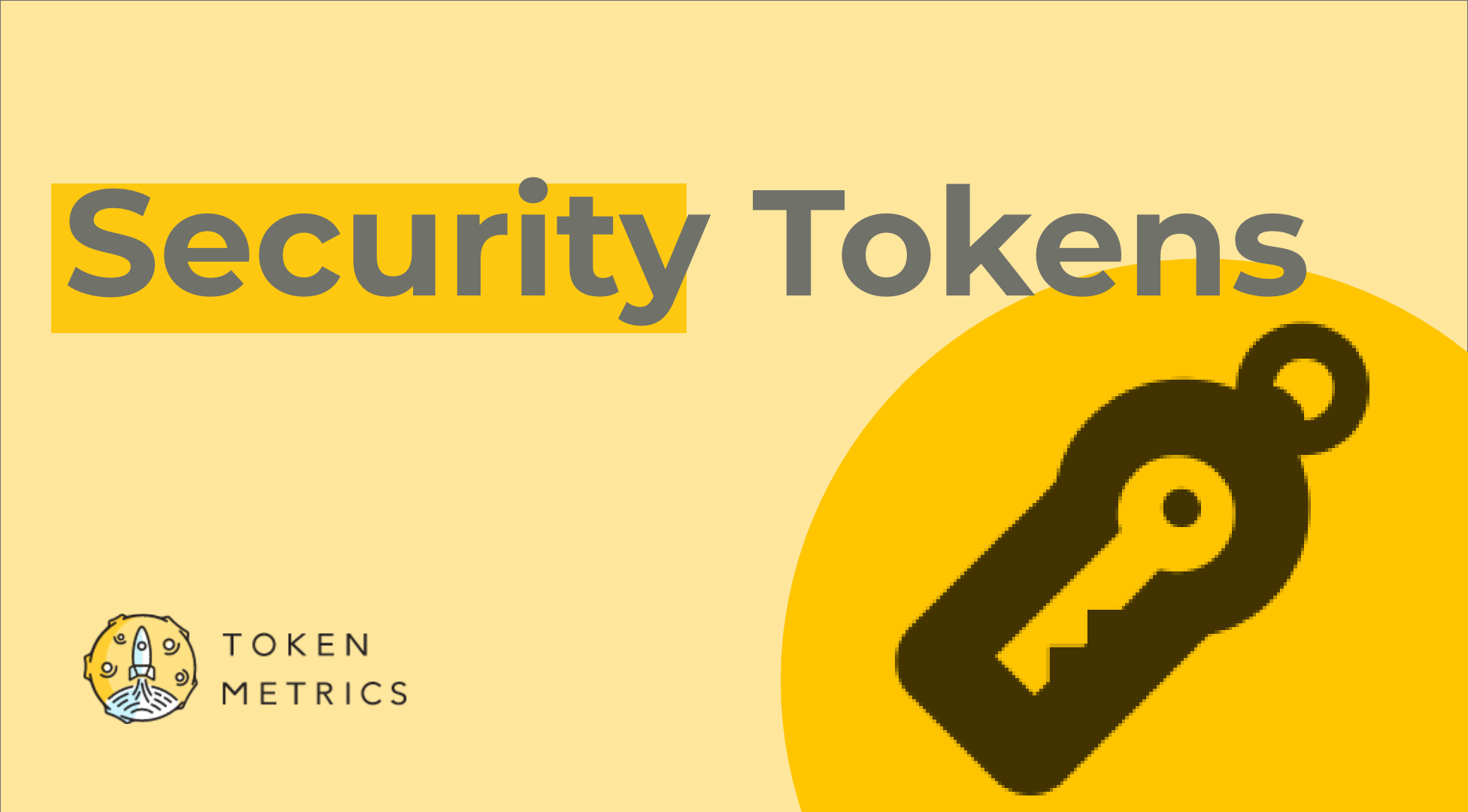Security tokens are a digital representation of a real-world asset. Security tokens might also be called digital securities, smart securities, programmable securities, or crypto securities. A security token can come in the form of equity, debt, hybrids, or derivatives. Unlike utility tokens, security tokens have intrinsic value and real-life use cases.
These real-life use cases come in many forms, for example, the tokenization of non-liquid assets such as fine art, precious metals, sports teams, and real estate. Instead of owning a painting by Monet, you might invest $2,000 in a $200 million Monet fund attached to several of his works. The same goes for a $35 million mansion in Beverly Hills — you might gain fractional ownership with a smaller investment, earning yourself the corresponding portion of any rent that’s paid there. This tokenization of real-world assets lets people diversify their investment portfolios in unprecedented ways.
Not only do security tokens provide diversification, but also they may change the landscape of traditional finance forever:
Security tokens unlock liquidity, meaning that trades can settle in minutes rather than days, removing the illiquidity discount. They allow investors to sell real estate, cars, boats, and other highly-illiquid assets much quicker rather than having listings that last for months.
Security tokens allow for 24/7 trading. Traditional security markets in the United States are only open Monday-Friday from 9:30 am – 4 pm EST, excluding holidays. However, security tokens can trade 24 hours a day, 7 days a week, eliminating inefficiencies from market closures.
Security tokens will be regulatory compliant. Since the tokens are programmable, government compliance can be coded right into the tokens. This makes following regulations much simpler than traditional securities.
Security tokens allow for just about anything to be programmed into them. The tokens can have dividend releases, voting and governance rights, specific privileges, specific restrictions, and many other features coded and customized.
Security tokens allow for fractional ownership. As mentioned earlier, famous physical art pieces or real estate can be split up to have many owners. Most people cannot afford a $35 million mansion, but with fractional ownership, you can lay stakes to mansions all around the world.
Bottom Line: Security tokens represent real assets and real money. This new technology will bring never-before-seen liquidity to illiquid securities and open the entire world’s capital markets. They seem to be the next logical step after the bubbles within Bitcoin, utility tokens, DeFi, and NFTs.




